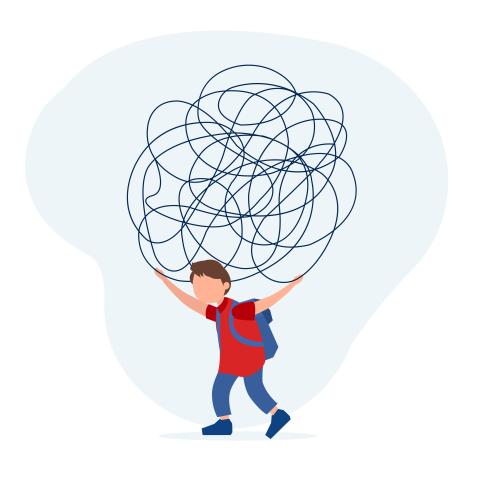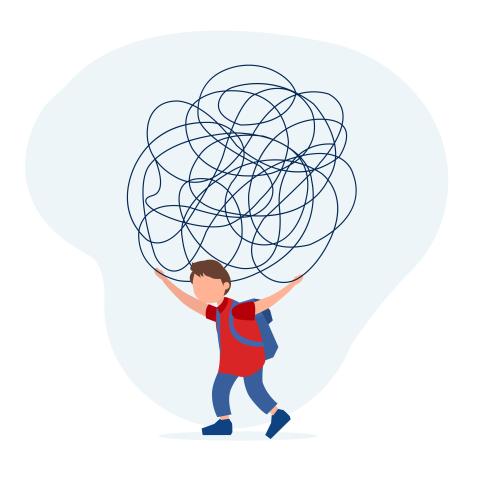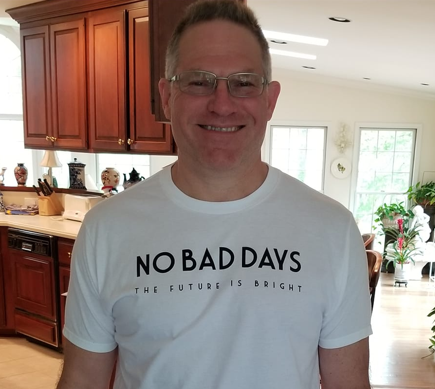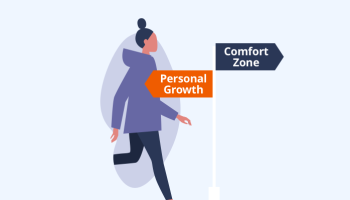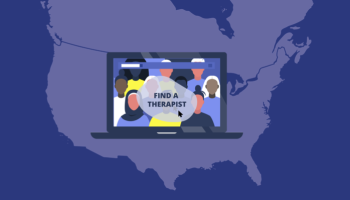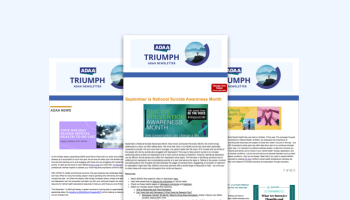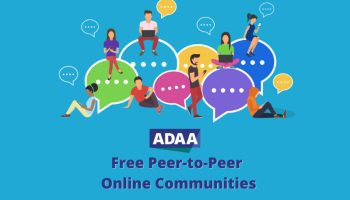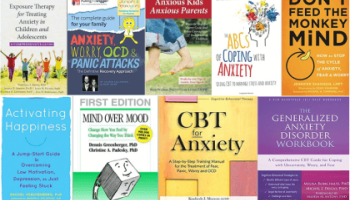Founded in 1979, ADAA is an international nonprofit organization dedicated to the prevention, treatment, and cure of anxiety, depressive, obsessive-compulsive, and trauma-related disorders through education, practice, and research.
ADAA's mission focuses on improving quality of life for those with these disorders. ADAA provides education about the disorders and helps people find treatment, resources, and support. More than 11 million people from around the world visit ADAA's website each year with 38,000,000 website page views in 2019. ADAA strives to improve patient care by promoting implementation of evidence-based treatments and best practices across disciplines through continuing education and trainings and accelerating dissemination of research into practice. ADAA promotes scientific innovation and engages a diverse network of basic and clinical anxiety and depression researchers and providers encouraging the implementation of new treatments to clinicians. These commitments drive ADAA’s promise to find new treatments and one day prevent and cure these disorders.
ADAA is about people. Our passion is helping people understand the disorders, find treatment, and recover. We educate people about all scientifically supported treatments so they can make informed decisions to best meet their individual needs. We support professionals who provide treatment and those who conduct research. We invest in the future by encouraging students and trainees.
ADAA is unique. Our commitment to diversity and inclusivity brings together clinicians and researchers with diverse backgrounds in medicine, psychology, social work, counseling, nursing, neuroscience, genetics, epidemiology, and other disciplines to advance science and treatment. We engage those who suffer from these disorders to work together toward our goals.
ADAA is evolving. We started more than three decades ago as The Phobia Society of America. We have incorporated scientific knowledge and understanding. We have expanded to include anxiety and mood disorders, OCD, and PTSD. We have adapted to challenges in economics, business, leadership, and the digital world.


